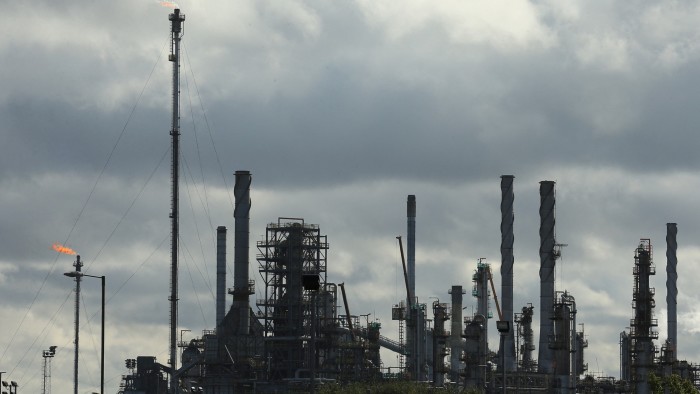Stay informed with free updates
Simply sign up to the Oil & Gas industry myFT Digest — delivered directly to your inbox.
The UK government has called for an investigation into the owners of the Lindsey oil refinery after the facility fell into insolvency, putting hundreds of jobs at risk.
The refinery in north-east England, owned by the privately held Prax Group since 2021, filed for insolvency over the weekend, a UK government spokesman said on Monday.
The facility processed about 96,600 barrels of oil a day in 2024 from the site on the river Humber, where about 400 people are employed. Those workers remained in place and continued to be paid, the newly appointed administrator Teneo said on Monday.
Lindsey’s plunge into insolvency is the latest blow to the UK’s beleaguered oil refining industry, after rival Ineos stopped refining crude at its facility in Grangemouth, Scotland, meaning Britain will have only four refineries left.
As well as the insolvency of Lindsey, Prax Group’s parent entity, State Oil Limited, had gone into administration, along with subsidiaries involved in wholesale operations Prax Petroleum, Harvest Energy and Harvest Energy Aviation, administrator Teneo said.
The UK government said Lindsey had lost about £75mn since Prax acquired the facility from TotalEnergies of France in 2021, and that the company had been “unable” to answer questions from the government about its finances.
Michael Shanks, UK energy minister, said there had been “long-standing issues” with the refinery, and that the secretary of state would call for an investigation into the behaviour of directors around the insolvency. “The company has left the government with very little time to act,” he said.
Privately held Prax was founded in 1999 by chief executive and chair Sanjeev Kumar Soosaipillai with a single petrol station near St Albans. It has grown into a sprawling conglomerate including refineries in the UK and South Africa, a network of petrol stations and a trading business. Soosaipillai’s family owns 100 per cent of the group, according to a person familiar with the company.
Lindsey had been struggling commercially for some time, the person said. Rather than run the refinery as a standalone company, Soosaipillai has tended to use cross-group guarantees to help finance its operations, leaving other parts of the company exposed to the insolvency process, the person added.
The Lindsey refinery is supplied with crude oil by Glencore, under a deal signed last year. Glencore declined to comment.
Teneo said it was exploring a potential sale of parts of the wider group that remain outside administration proceedings, such as its roughly 200 petrol stations in the UK and the hundreds more it operates across Europe.
Clare Boardman, joint administrator, added: “We appreciate this is a very difficult and uncertain time for the employees and everyone involved. We will be on site to support them during this challenging period.”
Unite, Britain’s largest trade union, said the UK oil and gas industry had been placed on a “cliff edge” by policies aimed at cutting carbon emissions.
“The government needs a short-term strategy to keep Lindsey operating and a sustainable long-term plan to fully protect all oil and gas workers,” said Sharon Graham, Unite general secretary.

